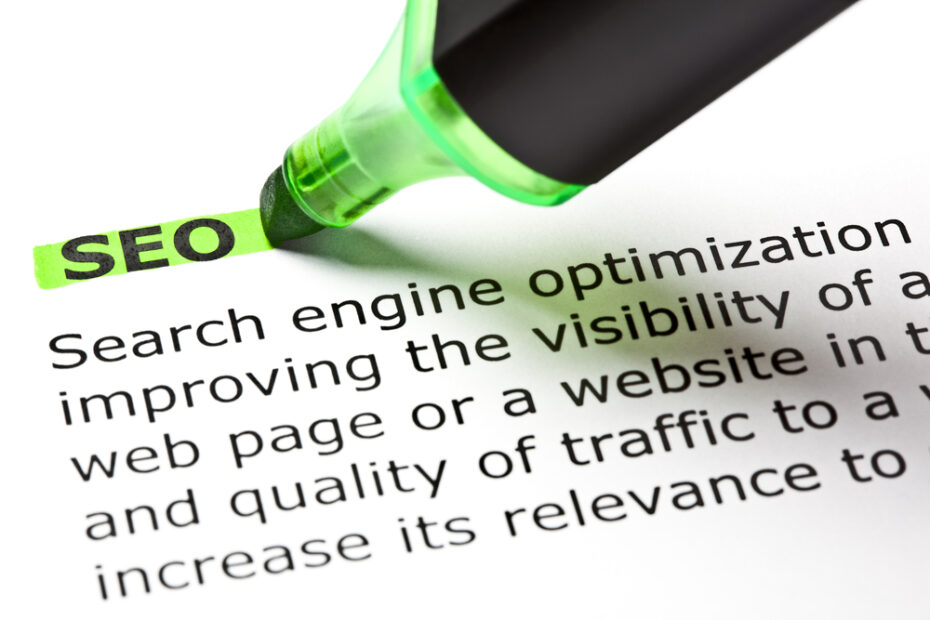Generally, if you rank higher than your competitors, you’ll be inclined to sell more than they do. To put things in perspective, a site that ranks first for a specific keyword will receive around 40% of the clicks on a results page. That’s twice that of a site that ranks second. In fact, 70% of all traffic goes to the first three spots on a search engine results page. To be succinct – SEO matters! So, here are some Key SEO takeaways for Ecommerce websites to help you step up to the plate and improve your website SEO and create a stronger online presence.
SEO and Structure for ecommerce sites
One of the biggest roadblocks for SEO comes even before the site is created. SEO structure matters a lot to ecommerce sites and if you get it wrong at the development phase it’s always going to be an uphill struggle.
Failing to structure a site properly means internal links and pages compete against each other and this can cause ranking issues down the line. Furthermore, changing a site’s structure is hard once it’s live and a lot of adjustment and coding can be required.
SEO Takeaways: Ensure your web designer, coder and SEO are working in tandem before you create the site. Here is a good starter guide.
Keywords
Before you create a word of content for the site, do your keyword research. If you don’t use the best keywords onsite then you’re really putting barriers in the way to good rankings. Do your homework and look for phrases that will heighten your search visibility and that also have a good conversion rate. Initially try find low competition, moderately high searched for keywords that are relevant to your site’s items.
SEO Takeaways: Spend time on keyword research. There are a number of good tools out there to help including Longtailpro!
Duplicate Content
One of the biggest enemies for ecommerce sites is duplicate content. There are all sorts of causes for duplicate content and they are often the result of bad planning.
Poor use of URL parameters and printer friendly versions of content are common culprits. Duplicate content can cause a Google penalty issue and needs to be avoided.
Takeaway: The best way to avoid duplicate content is to plan beforehand and ensure that designers and developers are aware of such issues.
Quality Text and Content
Traditional SEO is very important for ecommerce and without it you’re not going to really rank very well. Remember, include plenty of information, content and text about the product and optimise video and imagery too with alt tags and other forms of improvements. The latter are especially important in competitive niches.
Takeaway: Invest in a professional SEO savvy content writer that understands how to create quality SEO content
Remember Traffic Isn’t Everything
There’s more to ecommerce than SEO and more to SEO than traffic. Getting traffic to the site is one thing, converting it to sales is another. Traffic conversion is a complex area in itself and one we will be discussing in much more detail in later posts. There are many factors that determine how much of your traffic converts and price is clearly one of the obvious ones. You don’t necessarily need to be the cheapest but you certainly need to be competitive.
Track traffic and your conversions, i.e. how many people are buying from you. Being more aware of increases in sales allows you to see where you’re doing well and where needs improvements. Perhaps you need to improve calls to action on-site, focus more on particular products, or with the help of our price tracking and price management tools, make sure you prices are competitive.
SEO can make huge differences to a website in the ecommerce area and really help bring in the customers. These SEO takeaways should give you an initial idea of what to look out for, do well and to be wary of.
If you’re looking for help with your price tracking or management then please get in contact with us – we’d be delighted to help – call us on 0845 680 1743



